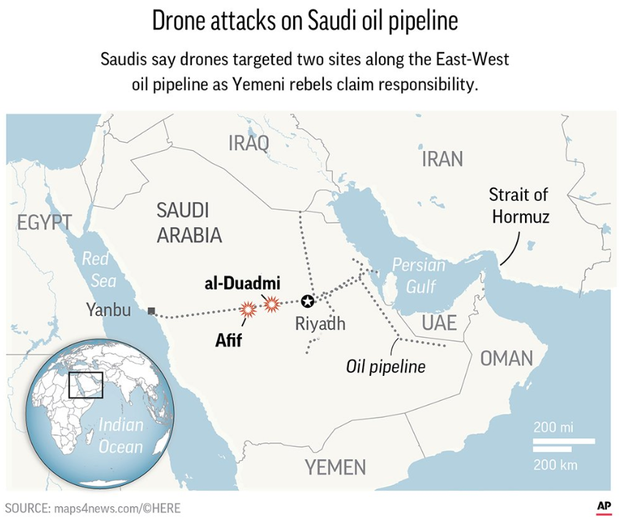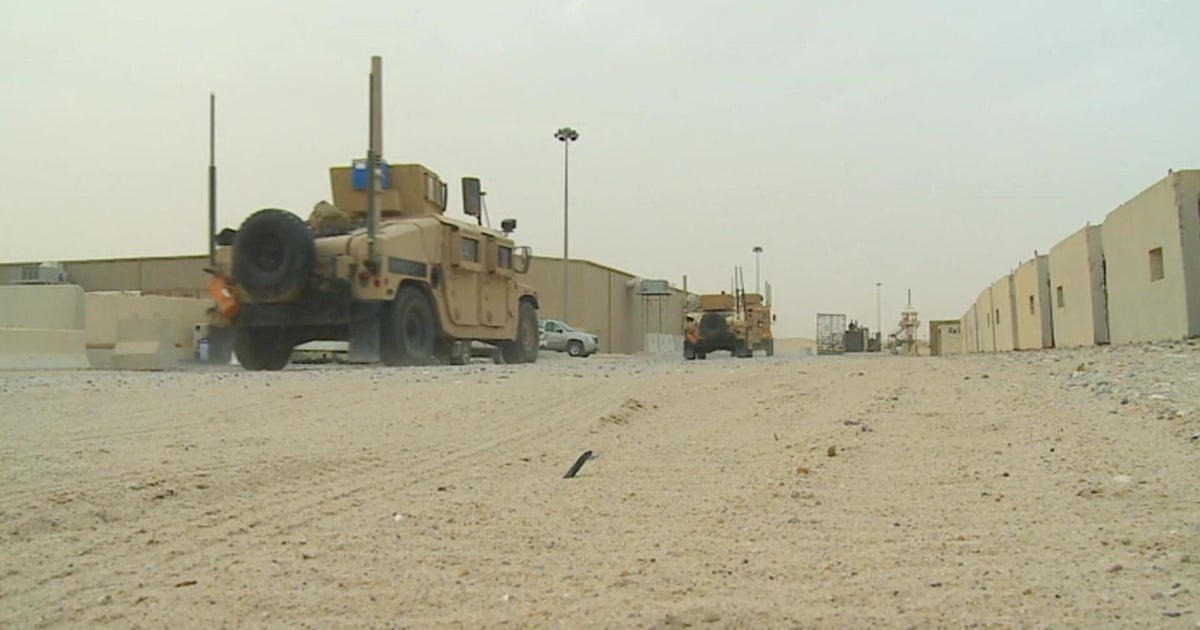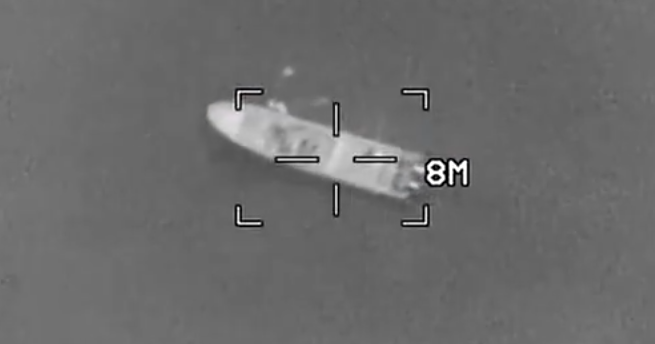Saudi Arabia says its oil pipeline was hit by drones
Dubai, United Arab Emirates — An oil pipeline that runs across Saudi Arabia was hit by drones Tuesday west of its capital of Riyadh, the Saudi energy minister said, shortly after rebels in Yemen claimed they carried out coordinated drone strikes against the kingdom.
The attacks followed reports of sabotage against oil tankers in the Persian Gulf off the coast of the United Arab Emirates on Sunday, with tensions rising between the U.S. and Iran.
Oil prices rose Tuesday, with benchmark Brent crude trading over $71 a barrel, up more than $1 on the day.
Saudi Energy Minister Khalid al-Falih Al-Falih vowed that production and export of Saudi oil would not be interrupted. In a statement carried by the state-run Saudi Press Agency, he called the pipeline attack "cowardly," saying that recent acts of sabotage against the kingdom's vital installations were targeting not only Saudi Arabia, but also the safety of the world's energy supply and global economy.
Yemen's Houthi rebels said they launched seven drones against vital installations in Saudi Arabia, which borders Yemen to the north. Saudi Arabia has been at war with the Houthis and their allies in Yemen since March 2015, targeting the Iranian-allied rebels with near daily airstrikes.
"This is a message to Saudi Arabia: Stop your aggression," Houthi spokesman Mohammed Abdel-Salam told The Associated Press. "Our goal is to respond to the crimes they are committing every day against the Yemeni people."
The two oil pumping stations targeted in Saudi Arabia are over 500 miles from Yemen's northern border with the kingdom. It wasn't immediately known where the Houthis launched the drones.
The attacks demonstrated the increased risks in a region vital to global energy supplies amid heightened tensions following the Trump administration's withdrawal from the 2015 nuclear deal between Iran and world powers, and the subsequent reimposition of U.S. sanctions to cripple the Iranian economy. Iran has since said it would begin enriching uranium at higher levels by July 7 if world powers failed to negotiate new terms for the deal.
Al-Falih said the drone attacks reaffirm the need of the international community to confront the activities of groups like the Houthis, whom he accused of being backed by Iran, Saudi Arabia's regional rival.
He said the drones had targeted petroleum pumping stations supplying a pipeline running from its oil-rich Eastern Province to the Yanbu Port on the Red Sea.
Saudi Aramco, the government-controlled oil company, said that as a precaution, it temporarily shut down the East-West Pipeline and contained the fire, which caused minor damage to one pumping station. It added that Saudi Aramco's oil and gas supplies have not been affected by the attack.
Saudi Arabia said the two petroleum pumping stations that were struck by drones are located in the greater region of Riyadh, home to the landlocked capital. The stations, targeted around the same time early Tuesday, are located in al-Dawadmi and Afif, about 125 miles west of Riyadh city and 250 miles west of Riyadh city, respectively.
Iran has been accused by the U.S. and the U.N. of supplying ballistic missile technology and arms to the Houthis, which Tehran denies.
Such drones remain difficult to shoot down with either light or heavy weapons. Iraqi forces learned this from driving out the Islamic State group from northern Iraq, where the extremists would load drones with grenades or simple explosives to target their forces.
The U.S. supports Saudi Arabia and its allies in the war against the Houthis, despite criticism that Saudi-led coalition airstrikes have killed civilians.




